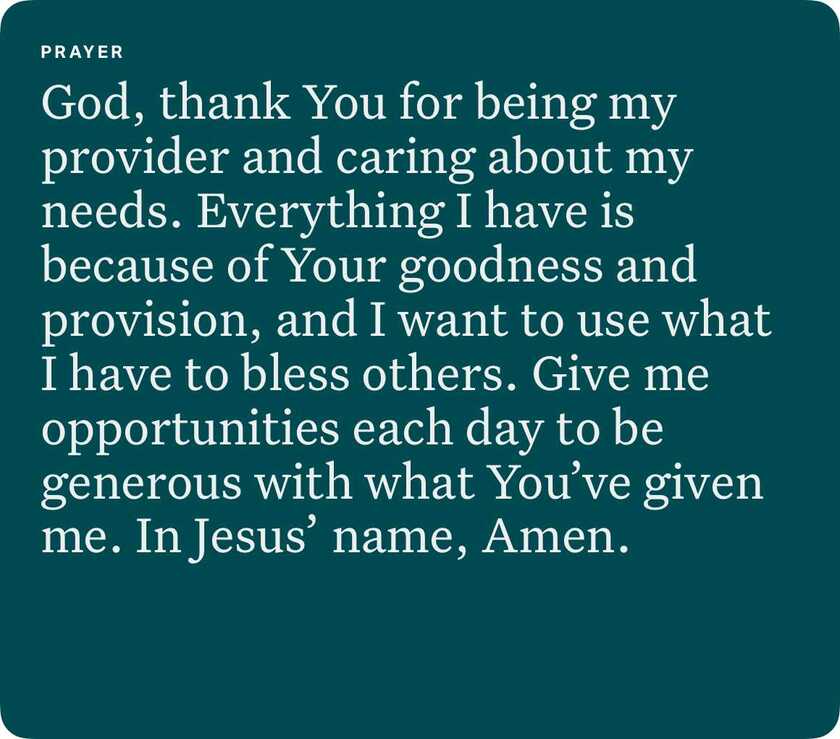I will share about Christian books I have read or listened to.
I will be sharing about my life before and after Christ. I will include stories about my pet and other pets I have encountered.
New Mercies
Your eyes opened this morning. The sun has risen again. Your heart is still beating. Your lungs are inhaling fresh oxygen. You are here, you are alive, and your life has intrinsic value.
It’s true.
But this fractured world tries to beat us down, which can feel all-consuming: our relationships are far from perfect, our desires are bent toward selfishness, and sometimes the everyday grind can feel like too much.
The author of Lamentations, traditionally identified as Jeremiah (though His name isn’t stated explicitly), is known as the “weeping prophet”—constantly undone because of the heartbreaking sin of his people and their open disregard for their Creator. The book is full of grief and distress and lament. But, still, he confidently writes:
“But this I call to mind, and therefore I have hope: The steadfast love of the Lord never ceases; his mercies never come to an end; they are new every morning; great is your faithfulness.”
Lamentations 3:21-23 ESV
Even though God’s people had rebelled, even though the strength of Israel was gone and they were facing the consequences of their idolatry, even though their unfaithfulness was making their lives fall apart…
God still poured out His steadfast love. God still showed off His endless mercy. God still lavished His people with His constant faithfulness.
That is why they were not consumed. And that is why we still have hope.
If you’ve run from God, ignored His good design, disregarded His warnings, purposely rebelled against Him, or simply chose to forget His existence all together, it’s not too late to turn back.
God doesn’t ignore those who come to Him. He doesn’t dismiss those with a humble and repentant heart. He is patiently and faithfully waiting for those who will return to Him.
A Life of Generosity
As Jesus was teaching people, there was a group of leaders who were not always the best role models. When these people helped others, they would boast about it and tell everybody the good deeds they did. They made sure to flaunt their good works publicly for everyone to notice them.
Jesus’ teaching in Matthew 6:3 is directly related to what these leaders were doing. Jesus says that when we give to those in need, we shouldn’t let our left hand know what our right hand is doing. Essentially, our goal in giving to others should not be recognition.
Jesus’ teaching is about the condition of our heart. If we’re giving to others for the sake of being recognized for doing good, then we’re not helping people with the right motives. This should not stop us from giving to others, but it should guide our motives for doing so.
When we help others, we should do so primarily for their benefit—not our own. This means there’s no need to broadcast it. Instead, we should have ...















